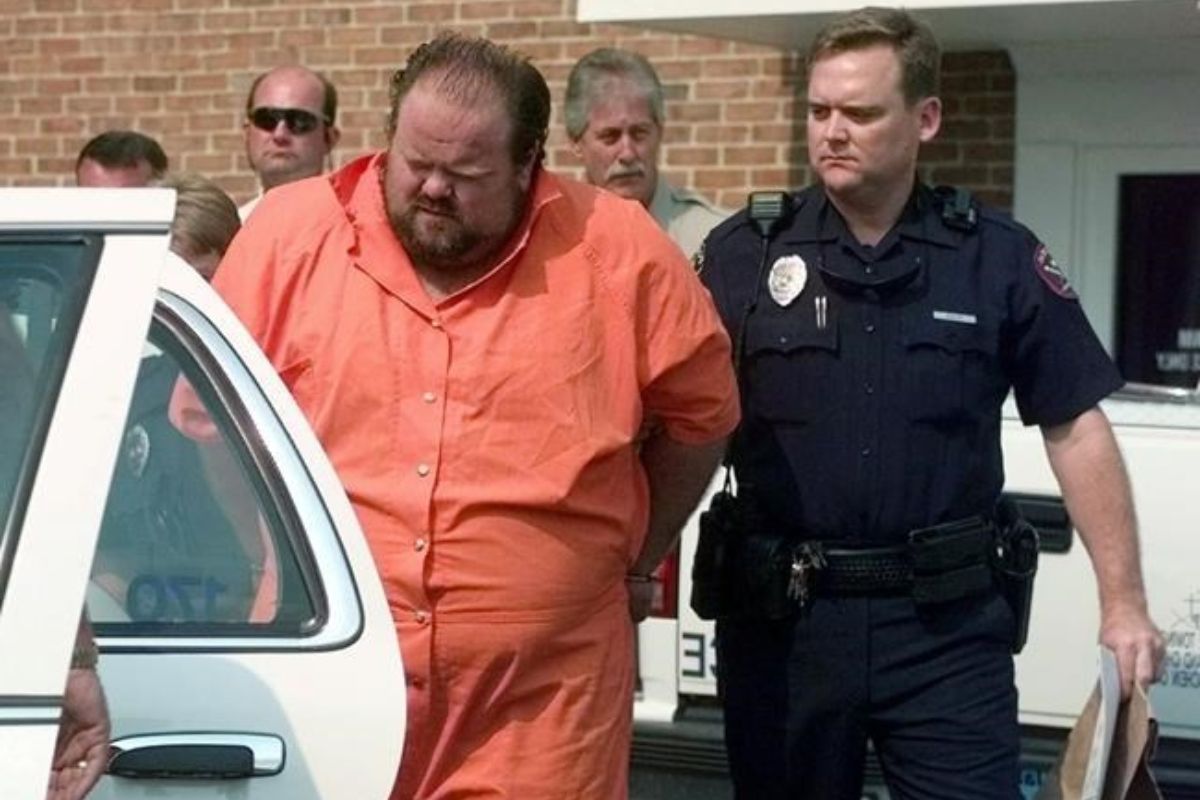Alabama Second Execution Controversial: Alabama’s decision to pursue a second execution using the controversial nitrogen gas method has reignited debates on the ethical implications and effectiveness of this form of capital punishment.
The upcoming execution of Thomas Arthur Miller will once again put the spotlight on a method that remains untested in practice.
With supporters advocating for its humane nature and critics raising concerns about potential risks and complications, the unfolding events surrounding Miller’s case are poised to shed light on a contentious issue that continues to divide opinions.
Alabama Seeks Second Nitrogen Gas Execution
Alabama is currently pursuing its second execution utilizing the method of nitrogen gas. The Attorney General of Alabama, Steve Marshall, has formally requested the state Supreme Court to establish an execution date for Alan Eugene Miller. This marks the resurfacing of nitrogen gas as a means of capital punishment in the state. Miller, aged 59, was found guilty in 2000 for a violent workplace shooting that resulted in the tragic loss of three lives in suburban Birmingham back in 1999.
The state’s legal filing underscores the urgency to proceed with Miller’s execution via nitrogen hypoxia, citing the necessity to carry out the long-overdue sentence. This decision stems from an earlier failed lethal injection attempt on Miller in 2022. Subsequently, an agreement was reached that ruled out any future attempts at lethal injection for him, with nitrogen gas being designated as the method of choice for his execution.
Alabama’s move towards utilizing nitrogen gas for executions raises pertinent questions regarding the efficacy and implications of this method in administering the ultimate punishment within the state’s justice system.
Controversy Surrounds Nitrogen Execution Method
Amidst the aftermath of Alabama’s initial nitrogen gas execution, divergent opinions on the efficacy and ethical implications of this method have ignited a contentious debate within the realm of capital punishment practices. Attorney General Marshall’s defense of the execution as ‘textbook’ clashes with the lawsuit filed by another death row inmate, characterizing the process as a botched ‘human experiment.’ The contrasting accounts of Kenneth Smith’s execution, with Marshall asserting success and the lawsuit depicting it as agonizing, highlight the controversy surrounding nitrogen gas asphyxiation.
| Perspectives | Arguments |
|---|---|
| Attorney General | Defends execution as ‘textbook’ |
| Lawsuit | Describes the process as a botched ‘human experiment,’ citing witness accounts of agony and pain |
| Marshall | Expresses confidence in nitrogen gas as a proven method, signaling intent to pursue more executions using this approach |
| Inmate | Challenges the claim of a painless and quick execution, pointing to the apparent suffering during Kenneth Smith’s nitrogen gas execution |
Miller’s Case: A Troubled History
What events led to the troubled history of Alan Eugene Miller’s case, culminating in the agreement for nitrogen gas as the method of execution in Alabama?
Alan Eugene Miller faced a series of challenges on his path to execution, notably a botched lethal injection attempt in 2022. This failed execution was halted due to the inability to establish an intravenous line in Miller, who weighed 351 pounds. Following this incident, an accord was reached between the state and Miller’s legal representation, solidifying nitrogen gas as the designated method for any future execution endeavors.
Miller, a delivery driver, was convicted for the fatal shootings of Lee Holdbrooks, Scott Yancy, and Terry Jarvis in a workplace setting. The prosecution contended that Miller, influenced by delusions, perceived the victims as spreading malicious gossip about him. Jurors swiftly rendered a guilty verdict after a mere 20-minute deliberation, leading to a death sentence pronounced by the presiding judge. These events underscore the intricate and troubling journey that culminated in the decision to adopt nitrogen gas as the means of execution for Alan Eugene Miller in Alabama.
Supporters and Criticisms
Supporters of the bill argue that it effectively addresses concerns surrounding the stifling of open discussions and the imposition of ideologies, especially among predominantly white advocates. They believe that by preventing the imposition of particular viewpoints, the bill promotes a more inclusive environment where diverse perspectives can thrive without fear of censorship.
However, critics, such as Senator Kirk Hatcher, oppose the bill, contending that it may exacerbate divisions rather than fostering genuine diversity. Hatcher and others argue that such legislation could hinder progress towards creating a more equitable society by stifling efforts to address systemic inequalities.
The emergence of similar bills in various states, influenced by a 2020 Executive Order from former President Donald Trump, underscores the contentious nature of this issue. As these debates unfold, it is evident that differing perspectives on the role of government in shaping discussions around diversity, equity, and inclusion will continue to shape legislative agendas and societal norms.
News in Brief
Alabama plans a second execution using nitrogen gas, reigniting ethical debates. Thomas Arthur Miller’s upcoming execution draws attention to the untested method. Advocates argue for its humanity, while critics express concerns about potential risks. The state seeks to execute Alan Eugene Miller, requesting a Supreme Court date. The decision follows a 2022 failed lethal injection attempt. Nitrogen gas emerges as the alternative due to an agreement ruling out further injections. This move prompts questions about the efficacy and implications of this capital punishment method in Alabama.
Controversy surrounds the nitrogen gas execution method, with conflicting accounts from Attorney General Marshall and a death row inmate’s lawsuit. Alan Eugene Miller’s troubled history, including a botched execution attempt in 2022, led to the adoption of nitrogen gas for future executions. Supporters argue for the bill, citing concerns about stifling discussions, while critics, including Senator Kirk Hatcher, oppose it, fearing it may hinder progress toward equity. Similar bills in various states reflect the ongoing debate on government’s role in shaping diversity discussions, influenced by a 2020 Executive Order from former President Donald Trump.
ALSO READ: Controversial Confederate Monument Bill Resurfaces

